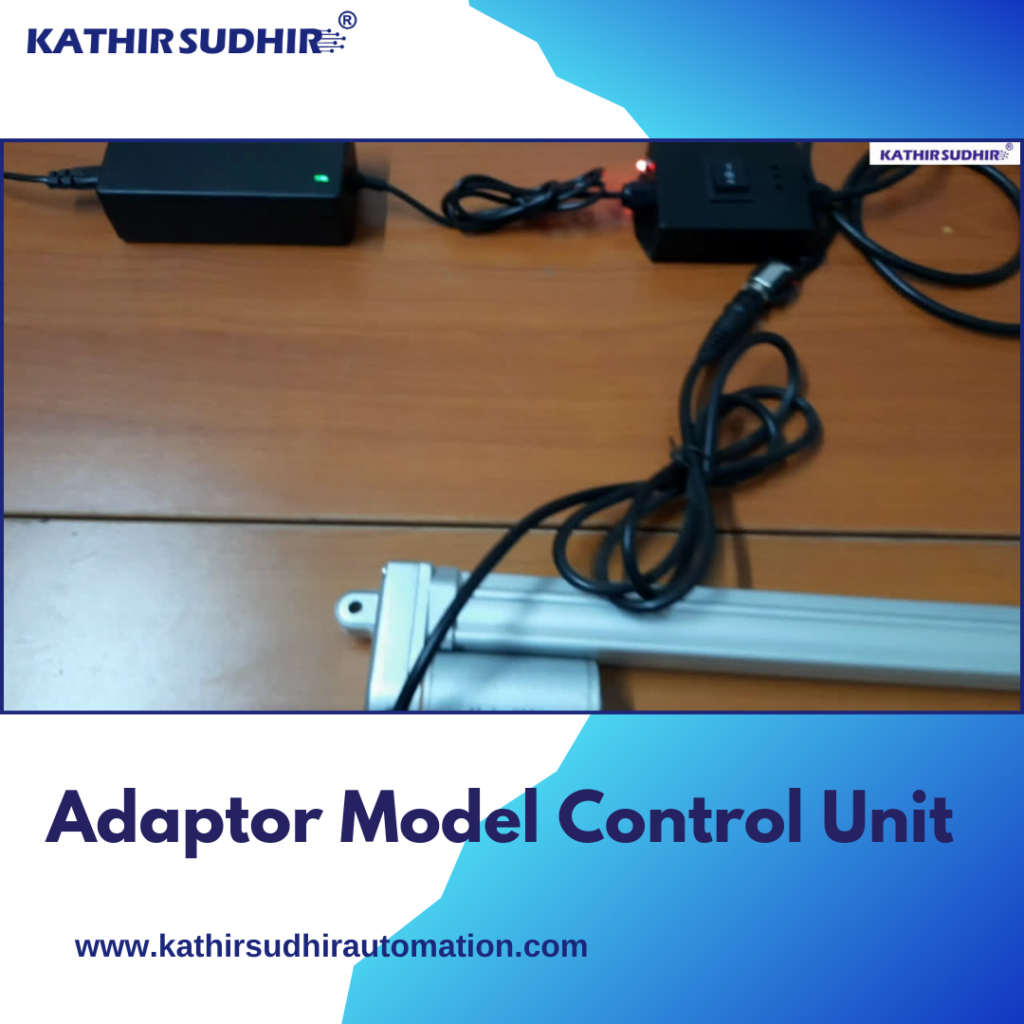In today’s rapidly evolving technological landscape, adaptability and efficiency have become paramount, especially in sectors like healthcare and industry where precision and real-time response can be a matter of life and death or business success. The introduction of Adaptor Model Control Unit (AMCUs) has been a game-changer, bridging the gap between various systems and enhancing overall operational efficiency. This blog explores the significance and benefits of AMCUs in healthcare and industry settings.

What is an Adaptor Model Control Unit (AMCU)?
An Adaptor Model Control Unit (AMCU) is a specialized control unit designed to facilitate seamless integration and communication between different systems, devices, and protocols. Essentially, it acts as a translator, ensuring that disparate systems can understand and interact with each other effectively.
Key Features of AMCU:
- Interoperability: Enables different systems to communicate and work together without compatibility issues.
- Real-time Monitoring: Provides real-time data monitoring and analysis capabilities.
- Scalability: Designed to handle varying loads and can be easily scaled to accommodate growing demands.
- Security: Implements robust security measures to protect data integrity and confidentiality.
Applications in Healthcare
Enhanced Patient Care
AMCUs play a pivotal role in healthcare by integrating various medical devices, Electronic Health Records (EHR) systems, and other healthcare IT infrastructure components. This seamless integration enables healthcare professionals to access critical patient information in real-time, facilitating faster diagnosis and treatment decisions.
Operational Efficiency
By automating routine tasks and streamlining workflows, AMCU contributes to increased operational efficiency within healthcare facilities. This efficiency translates to reduced administrative burdens, minimized errors, and improved patient outcomes.
Telemedicine and Remote Monitoring
With the rise of telemedicine, AMCU allows for secure and reliable communication between patients and healthcare providers, regardless of geographical barriers. Additionally, it supports remote patient monitoring, enabling continuous healthcare monitoring and timely intervention when necessary.
Applications in Industry
Smart Manufacturing
In the industrial sector, AMCU plays a crucial role in driving smart manufacturing initiatives by connecting various production systems, machinery, and IoT devices. This connectivity enables real-time monitoring of production processes, predictive maintenance, and optimization of manufacturing operations.
Supply Chain Management
AMCU facilitates seamless integration between different components of the supply chain, including suppliers, manufacturers, and distributors. This integration ensures timely and accurate exchange of information, leading to improved inventory management, reduced costs, and enhanced supply chain visibility.
Energy Management
In the energy sector, AMCU helps in optimizing energy consumption by integrating various energy management systems, renewable energy sources, and smart grids. This integration enables efficient energy monitoring, consumption analysis, and demand response, leading to reduced energy costs and environmental impact.
Conclusion
The Adaptor Model Control Unit (AMCU) is a versatile solution that has revolutionized the way healthcare and industrial sectors operate. By enabling seamless integration, real-time monitoring, and enhanced operational efficiency, AMCUs are paving the way for a more connected and intelligent future.
As technology continues to advance, the demand for adaptable and interoperable solutions like AMCUs will only grow. Organizations that embrace these innovations will undoubtedly gain a competitive edge, driving innovation, and delivering superior value to their stakeholders.
If you’re looking to streamline your operations and enhance connectivity, consider integrating an AMCU into your healthcare or industrial infrastructure today.
